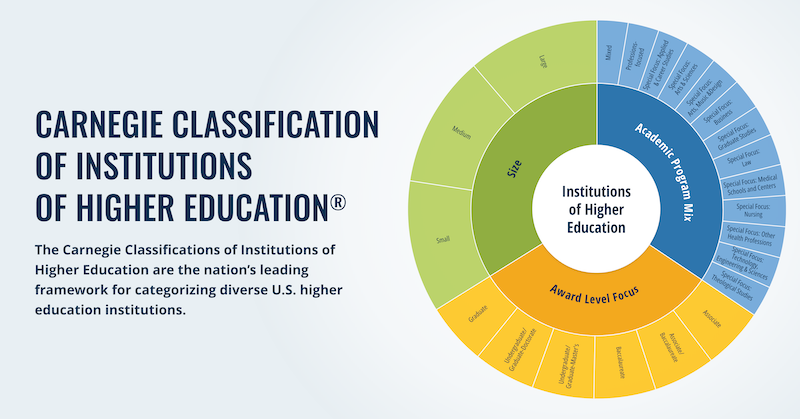Improvement Science in Practice: Finding Solutions Through Iterative Testing℠
Improvement Science in Practice: Finding Solutions through Iterative Testing® is an intermediate-level course for individuals seeking to deepen their knowledge of and skill in practicing improvement science methods. This course focuses on building participants’ skills and experience with running Plan-Do-Study-Act (PDSA) cycles to test and iterate changes designed to improve specific outcomes.
Through adaptive learning modules, assignments focused on testing changes in their own systems, and optional live sessions, participants will be equipped with the tools and resources to engage in disciplined inquiry through small, iterative tests that can be used to adapt and refine change ideas.
Course Outcomes
In this course, participants will:
- Draw upon an established understanding of the problem to prototype potentially high leverage changes aligned to a need in the local context and a theory of improvement grounded in research and practice.
- Design tests of change.
- Practice executing, testing, and refining changes.
- Practice documenting PDSA results and learnings.
- Reflect on PDSA learnings to inform future testing cycles (adopt, adapt, again, abandon).
- Build knowledge of how to move up a ramp of tests to promote change at scale.
Course Details
Structure
This seven-week course consists of three competency-based units that can be completed on the learner’s schedule. Each unit includes adaptive learning modules with video lectures, readings, knowledge checks, and interactive elements, as well as a performance task that supports reflection as well as designing and executing PDSA cycles.
The course also includes three optional, live webinar sessions. Through small group activities and discussions, these sessions are designed to help participants delve deeper into the content with the course community and receive further coaching around how to apply their learning in their contexts. Live sessions will also include time for instructors to address questions and are organized around specific topics in the course. The live sessions are focused on the following topics:
- Preparing to Learn through Testing: Identifying a Change
- Deepening your Learning about a Change
- Bringing a Change to New Contexts
Time Required
Learners can progress through the course content and activities at their own pace. They should expect to spend approximately three to four hours on each of the competency-based units as well as additional time applying their learning by completing performance tasks. Participants are also invited to attend the optional, 90-minute live sessions (3) offered by Carnegie faculty.
Stay Connected
Join our community of learners! Subscribe to our mailing list for updates on our course offerings, in-depth resources, and expert insights to support your educational journey.






